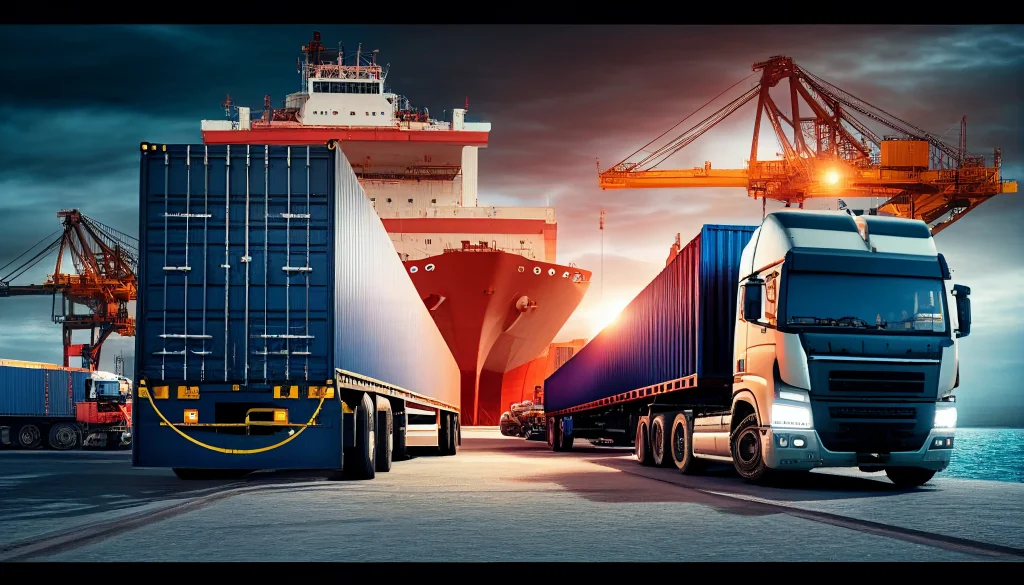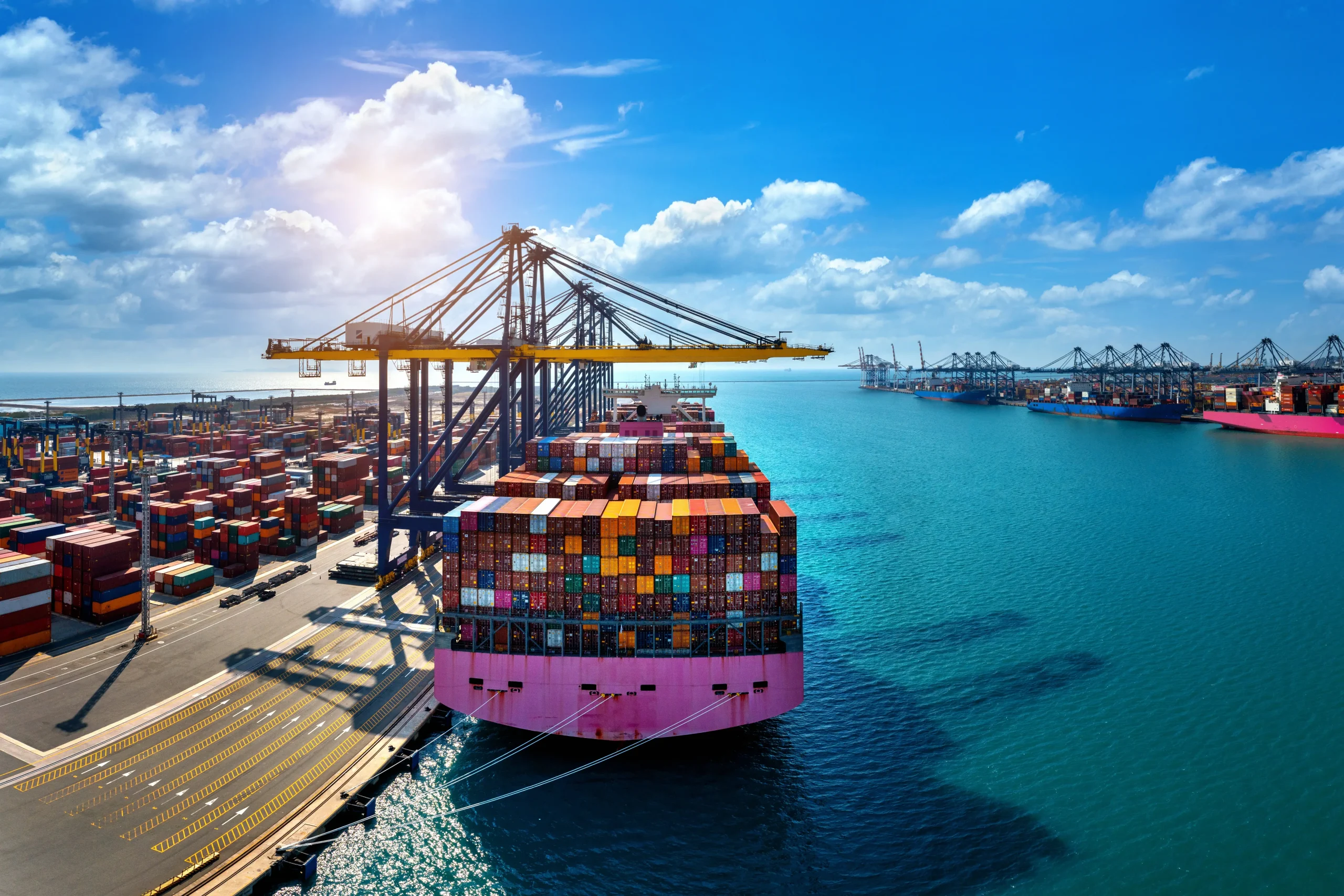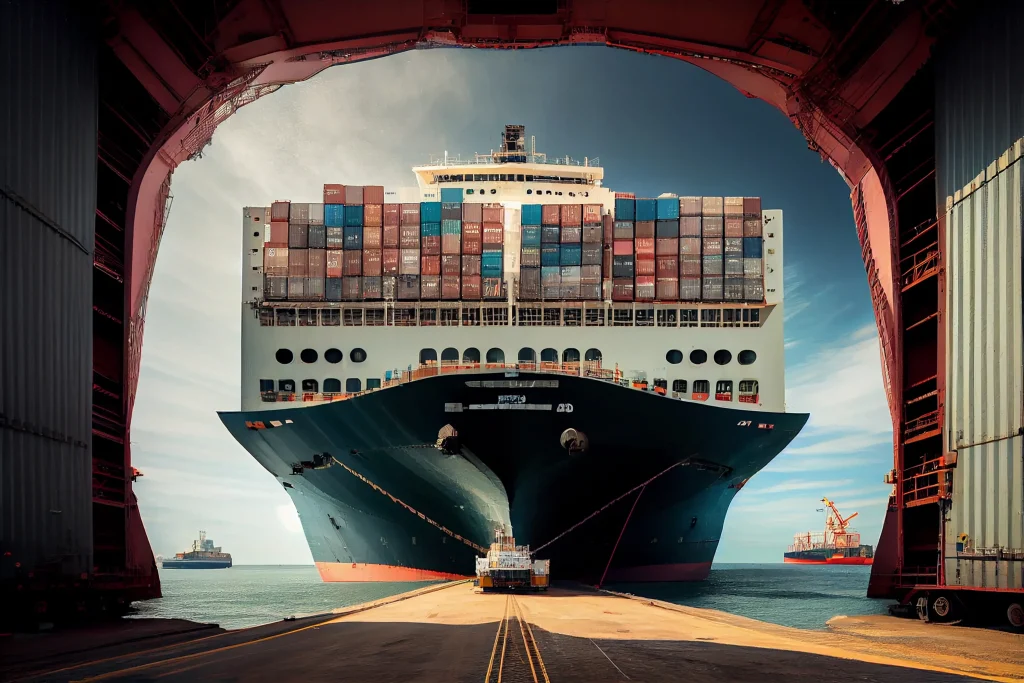- February 19, 2024
- Logistic
Navigating Industry Alliances: A Look into CMX Affiliations and Accreditations
Are you curious about CMX affiliations accreditations? Dive into our comprehensive guide to uncover the strategic partnerships and certifications that bolster our logistics expertise.
Embark on a comprehensive journey through CMX Private Ltd.’s affiliations and accreditations, integral to our unwavering commitment to industry excellence. Additionally, delve into the profound significance of these strategic alliances, underscoring our dedication to delivering top-notch logistics solutions.
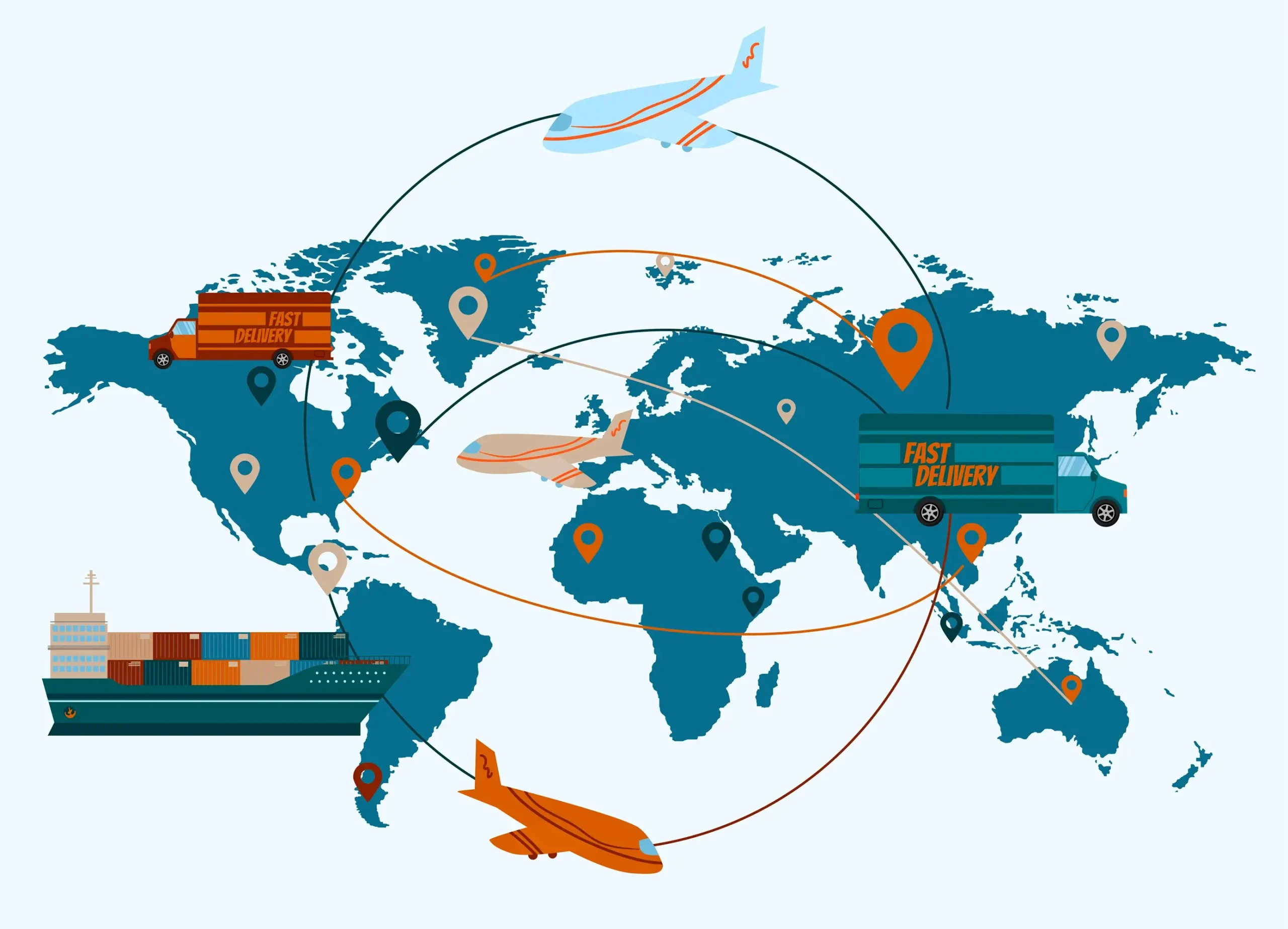
Understanding CMX Private Ltd.'s Affiliations
CMX Private Ltd. is proud to be associated with reputable industry organizations such as Mundu Logistics & Network, BAFFA, MarcoPoloLine Group, FMC Registration, Specialist Freight Network, Jctrans, and WCA. These affiliations provide us with valuable networking opportunities, industry insights, and collaborative ventures that strengthen our global presence.
Exploring Accreditation Standards
Our commitment to excellence is further underscored by our accreditations, which validate our adherence to industry best practices. From Mundu Logistics & Network to BAFFA and beyond, each accreditation signifies our dedication to quality service, reliability, and professionalism.
Exploring Collaborative Initiatives
CMX Private Ltd. actively engages in collaborative initiatives within the industry. By partnering with stakeholders, we foster innovation, knowledge sharing, and continuous improvement. Consequently, these efforts address challenges and deliver solutions that meet evolving client needs. Explore our collaborations to discover how we’re driving innovation and excellence in logistics services.
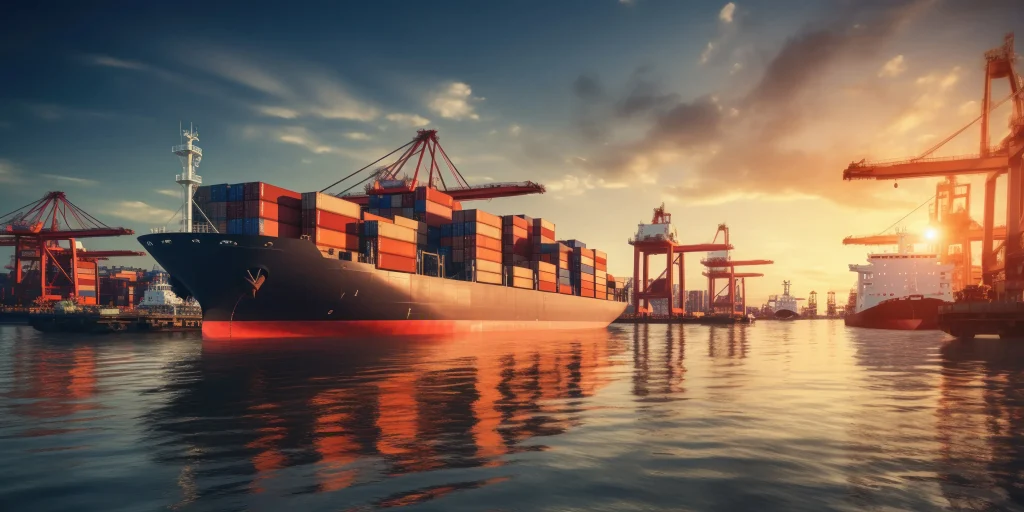
Improvements and Partnerships
CMX seeks to enhance its network and partnerships for superior logistics solutions. By aligning with leading organizations, we stay informed of industry trends, regulatory changes, and best practices. Moreover, partnerships with Mundu Logistics & Network, BAFFA, and MarcoPoloLine Group strengthen our position as a trusted logistics partner. Explore the depth of our affiliations and accreditations for client benefit.
CMX affiliations accreditations play a pivotal role in our relentless pursuit of logistics excellence. Furthermore, by aligning with industry leaders and actively participating in collaborative initiatives, we not only reinforce our commitment but also solidify our reputation for delivering reliable, efficient, and innovative solutions. Moreover, exploring CMX affiliations accreditations helps understand why we’re the preferred choice for logistics services.






